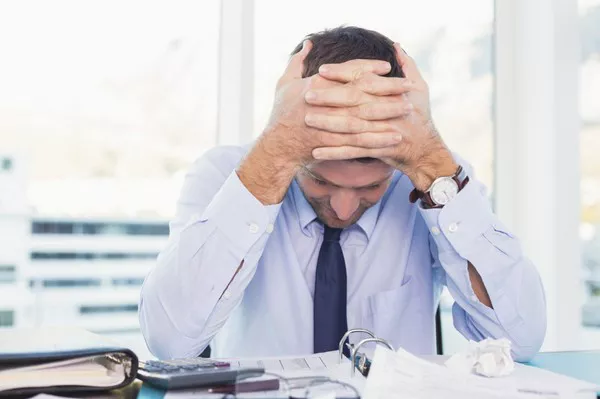Loneliness has reached epidemic levels—and it’s killing us. A shocking report from the U.S. Surgeon General declared social isolation as deadly as smoking 15 cigarettes a day, linking it to increased risks of dementia, heart disease, and premature death. Even before the pandemic, 1 in 3 adults reported feeling lonely, but post-lockdown data shows those numbers have skyrocketed, with young adults (18-34) now the loneliest demographic.
Dr. Vivek Murthy, the U.S. Surgeon General, calls loneliness “the defining mental health crisis of our time.” Unlike depression or anxiety, which are widely recognized, chronic loneliness often goes untreated because sufferers don’t realize it’s a medical issue. “Humans are wired for connection,” says Dr. Murthy. “When we lack meaningful relationships, our brains react as if we’re in physical danger.” MRI scans show that social rejection activates the same neural pathways as physical pain.
Modern life has created a perfect storm for isolation. Remote work, declining community spaces, and algorithm-driven social media (which often substitutes real connection with shallow engagement) have left millions feeling disconnected despite being constantly “online.” Dating apps, designed to facilitate relationships, ironically contribute to loneliness by fostering transactional interactions. “We have more ‘contacts’ than ever but fewer true friendships,” says sociologist Dr. Elena Martinez.
Some countries are taking radical steps. Japan, where over 40% of adults report chronic loneliness, has appointed a “Minister of Loneliness.” The UK funds “social prescribing” programs where doctors recommend community activities instead of medication. In the U.S., “friendship benches” in parks encourage strangers to talk, while apps like Meetup and Discord try to foster real-world connections.
But experts say systemic change is needed—from urban design that encourages interaction to workplaces prioritizing social bonds over productivity. “Loneliness isn’t just a personal problem; it’s a societal failure,” says Dr. Murthy. Without intervention, the loneliness epidemic could overwhelm healthcare systems and shorten lifespans on a scale comparable to obesity or smoking.
As the world grows more connected digitally, the hunger for genuine human connection has never been greater—or more neglected. The question is whether society will treat loneliness as the public health emergency it truly is.
Related topics:


















